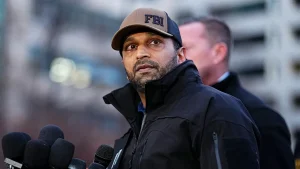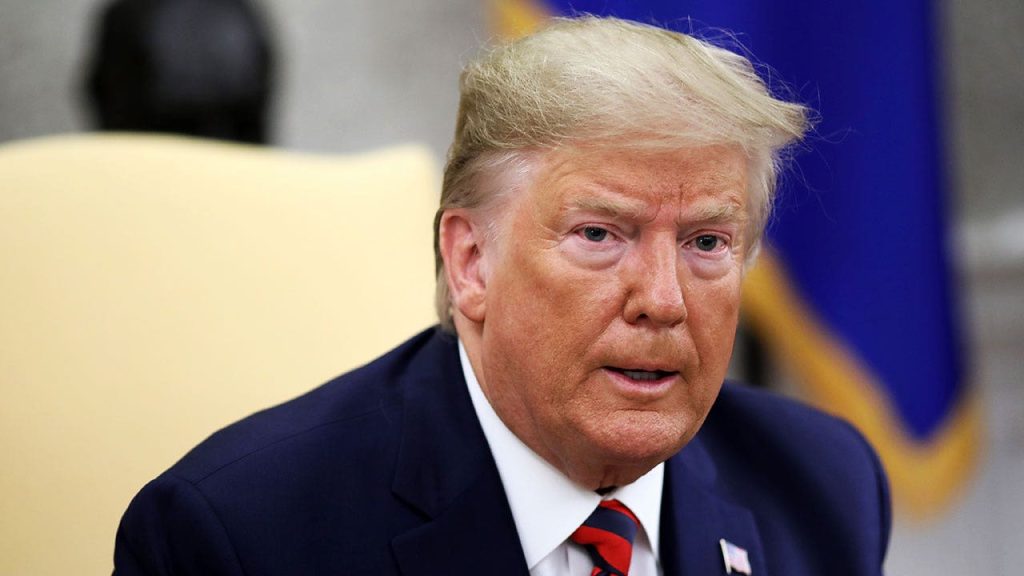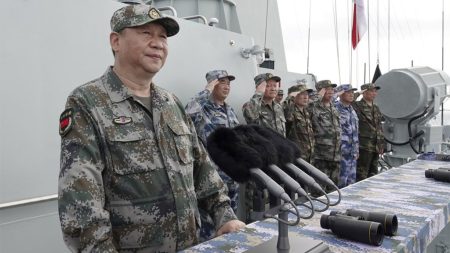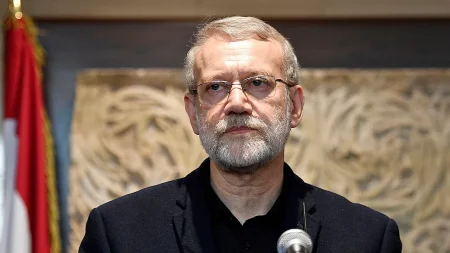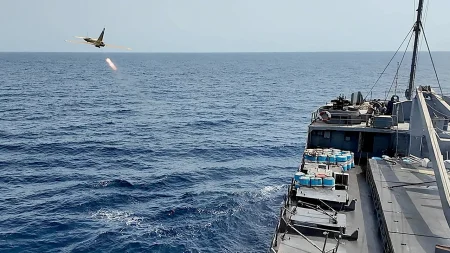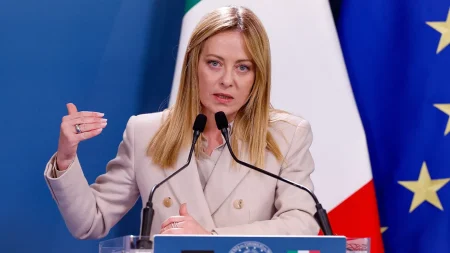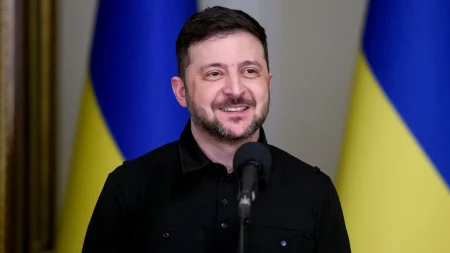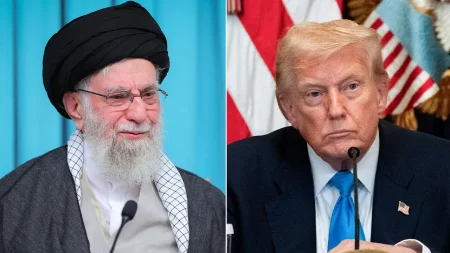Russia Criticizes US Withdrawal from Iran Nuclear Deal Amid New Sanctions Debate
In a strongly worded rebuke, Russia has criticized President Donald Trump’s 2018 decision to withdraw from the Iran nuclear agreement, claiming this move—not Iran’s actions—is the root cause of the current diplomatic crisis. The criticism came as European powers moved to reimpose sanctions on Tehran, highlighting growing international tensions over Iran’s nuclear program and creating new fault lines among world powers.
Russia’s UN Ambassador, Dmitry Polyanskiy, laid blame squarely on Washington during Thursday’s Security Council discussions, stating, “The United States abandoned JCPOA, and since then the situation started to deteriorate.” His comments came just hours after the UK, France, and Germany (known as the E3) formally triggered the “snapback mechanism” designed to reimpose severe UN sanctions on Iran within 30 days. This European action represents a significant shift, as these nations had previously sought to preserve the 2015 Joint Comprehensive Plan of Action (JCPOA) despite American withdrawal. Polyanskiy defended Iran’s subsequent uranium enrichment activities as a direct “response to the U.S. withdrawal” rather than unprovoked violations, suggesting these measures “can easily be reviewed” should diplomatic relations improve.
In an attempt to delay the sanctions reimposition, Russia and China introduced a draft Security Council resolution proposing a six-month extension to the 2015 agreement timeline. This move appears unlikely to succeed given Iran’s previous rejection of similar extensions proposed by European negotiators in July. The diplomatic maneuvering comes against a backdrop of clear evidence that Iran has violated multiple provisions of the JCPOA—including amassing up to 45 times the permitted amount of enriched uranium, operating advanced centrifuges, and denying international inspectors access to nuclear sites. Despite these documented breaches, the Russian delegation characterized the European action as having no legitimate “legal or procedural effect,” dismissing it as “a mere escalatory step.”
The Russian ambassador framed the conflict in stark ideological terms, suggesting Western nations “don’t care about diplomacy, and they care only about blackmail and threats, and coercion of independent countries.” This rhetoric underscores the deepening divide between Russia and China on one side and Western powers on the other regarding how to address Iran’s nuclear ambitions. Polyanskiy concluded with a dramatic flourish, stating, “The world is at a crossroads. It’s quite clear. One option is peace, diplomacy and goodwill. Another option is diplomacy at the barrel of the gun, extortion and blackmail”—clearly positioning Russia as supporting the former approach.
A British official responded to these characterizations by emphasizing the extensive diplomatic efforts that Western powers have undertaken with Iran over several years. The official noted that in 2022, all JCPOA participants—including Russia and China—had agreed to a proposal that Iran ultimately rejected. According to this source, “very intense diplomacy” has continued over the “last 12 months, 6 months, 6 weeks,” contradicting Russian claims that Western nations have abandoned diplomatic solutions. This back-and-forth highlights the profoundly different narratives being advanced about who bears responsibility for the current impasse.
The dispute illuminates broader geopolitical tensions beyond the specific issue of Iran’s nuclear program. For the United States, which withdrew from the agreement under President Trump citing concerns about its effectiveness and limitations, the situation represents a complex diplomatic challenge. The White House did not immediately respond to requests for comment on Russia’s accusations, leaving questions about how the Biden administration will navigate this increasingly contentious international disagreement. As the 30-day clock begins ticking toward potential renewed sanctions, the possibility of constructive dialogue appears increasingly remote, with major world powers deeply divided over both the problem’s origins and its potential solutions.

